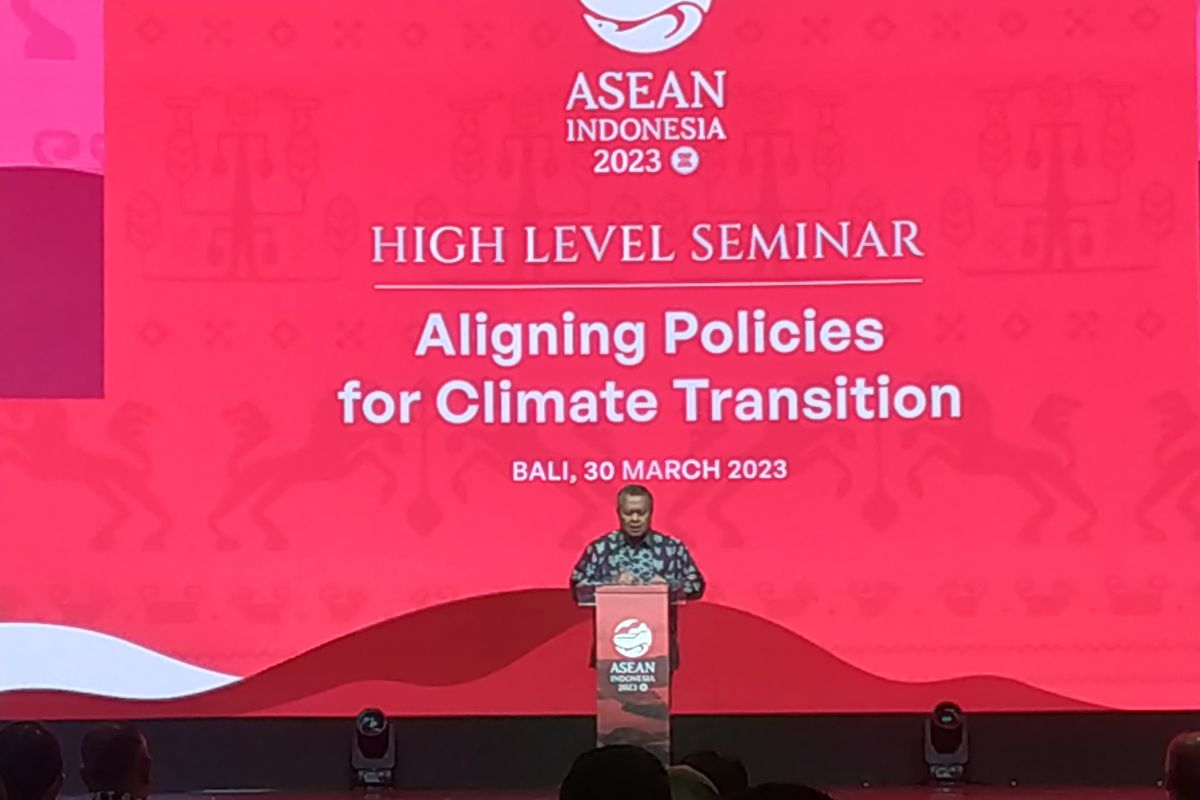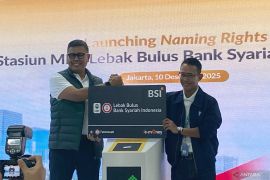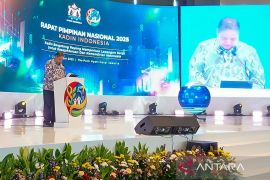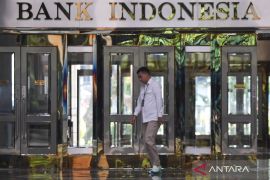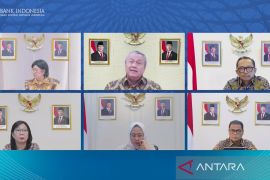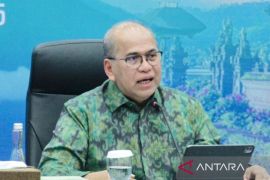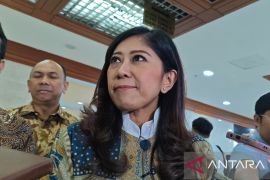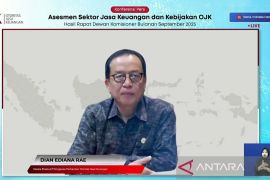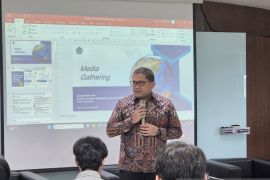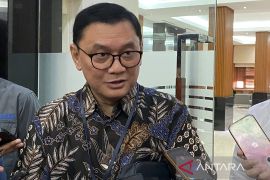"Without a climate change agenda, global GDP can be 11 to 14 percent lower by the middle of the century, so the impact is very heavy and expensive," he said at an ASEAN high-level seminar on "Aligning Policies for Climate Transition" here on Thursday.
Climate change can cause negative economic and social impacts, if not handled appropriately and anticipated early, he stressed.
Therefore, Indonesia, during its 2023 ASEAN chairmanship, has continued to advance the agenda of climate transition toward a greener and more inclusive economy through three aspects, he added.
The first aspect, he said, is the existence of strong policies and political will from the authorities.
The second aspect is providing a clear framework for the transition and improving the financial framework, Warjiyo informed.
He said that a clear financial framework for implementing the climate transition agenda is crucial.
The third aspect is financial or capital mobilization because driving the transition agenda will require new capital and investments for greener, more environment-friendly, and more inclusive projects, he said.
Indonesia has raised the climate transition and sustainable economic development issues as part of the third pillar of its 2023 ASEAN chairmanship's financial track, Warjiyo noted.
"Remember, the three pillars are rebuilding recovery, digital economy, and transition to climate change. This is very important," he stressed.
After three years of the COVID-19 pandemic, he said, Indonesia has learned a lesson on the importance of green, sustainable, and environment-friendly concepts.
Developing green concepts is essential as climate change and natural degradation will bring a greater impact than the pandemic did, he added.
There are three strategic thrusts that cover the priority economic deliverables (PEDs) of Indonesia's chairmanship in the finance track, the Finance Ministry's Fiscal Policy Agency (BKF) said.
The first focus is recovery-rebuilding, while ensuring economic and financial stability and resilience in the ASEAN region.
The second emphasis is on the digital economy, specifically advancing payment connectivity and promoting digital financial literacy and inclusion to support inclusive economic growth.
Finally, the PED in the financial track must promote the financial transition to support sustainable finance and green economy.
Related news: Minister encourages youths to join climate dialogue
Related news: Greening movement involving villages embodies real climate action: VP
Related news: Climate change triggering greater concerns than pandemic, war: Jokowi
Translator: Agatha V, Kenzu
Editor: Azis Kurmala
Copyright © ANTARA 2023
